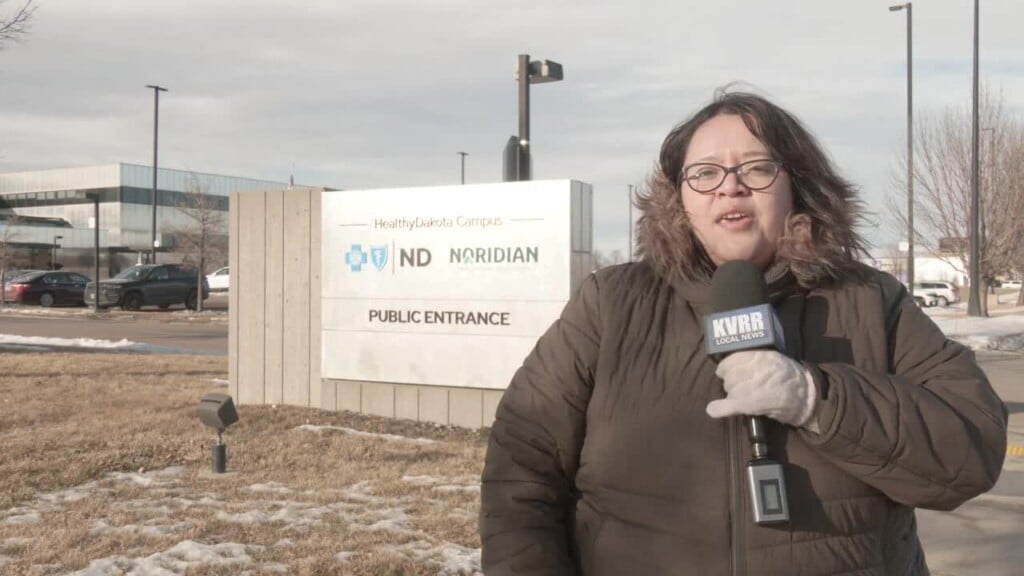Be aware of heart disease signs & symptoms during American Heart Month
FARGO (KVRR) – It’s always a good time to make sure your heart is in good shape.
“Heart disease is one of the number one killers for both men and women, but it’s especially important because women don’t understand that it’s the number one killer for women of all ages, but especially those above the age of 85,” Sanford Health Internal Medicine Specialist Dr. Jean McGowan said.
One in three women die of heart disease compared to one in 31 who die from breast cancer according to the American Heart Association. This may be because 45 percent of women age 20 or older have some sort of heart disease or risk factors.
Dr. McGowan says before age 65 women are at higher risk of heart disease mainly because of issues like gestational diabetes during pregnancy.
What are the signs or symptoms of heart disease?
“Women and men will have the same chest pain, it’s just that women tend to describe it differently. Some people say it’s an elephant sitting on their chest. Some may say it’s not a pain, it’s a pressure or a tightness,” Dr. McGowan said.
It’s a good idea to see a doctor even if that pain doesn’t last long.
“If you’re having headaches or you’re feeling more tired than before, maybe more short of breath, go to the doctor. One of the reasons why more women die from heart attacks is because we catch their heart disease later because we’re not recognizing the symptoms sooner,” Dr. Jean McGowan explained.
To make sure your heart is healthy, don’t smoke, limit alcohol use and watch your blood pressure and cholesterol. Have a healthy diet that avoids processed foods and a lot of red meat.
You’re considered having a significant heart history in your family if a male family member who had an early onset of heart disease before the age of 55 or a female family member who had it before age 65.
Doctors recommend two-and-a-half hours of low intensity exercise a week or an hour and 15 minutes of high intensity exercise a week like running.
Dr. McGowan says women are underrepresented in clinical trials. That make doctors unsure if they’re preventing side effects women could get more than men.






